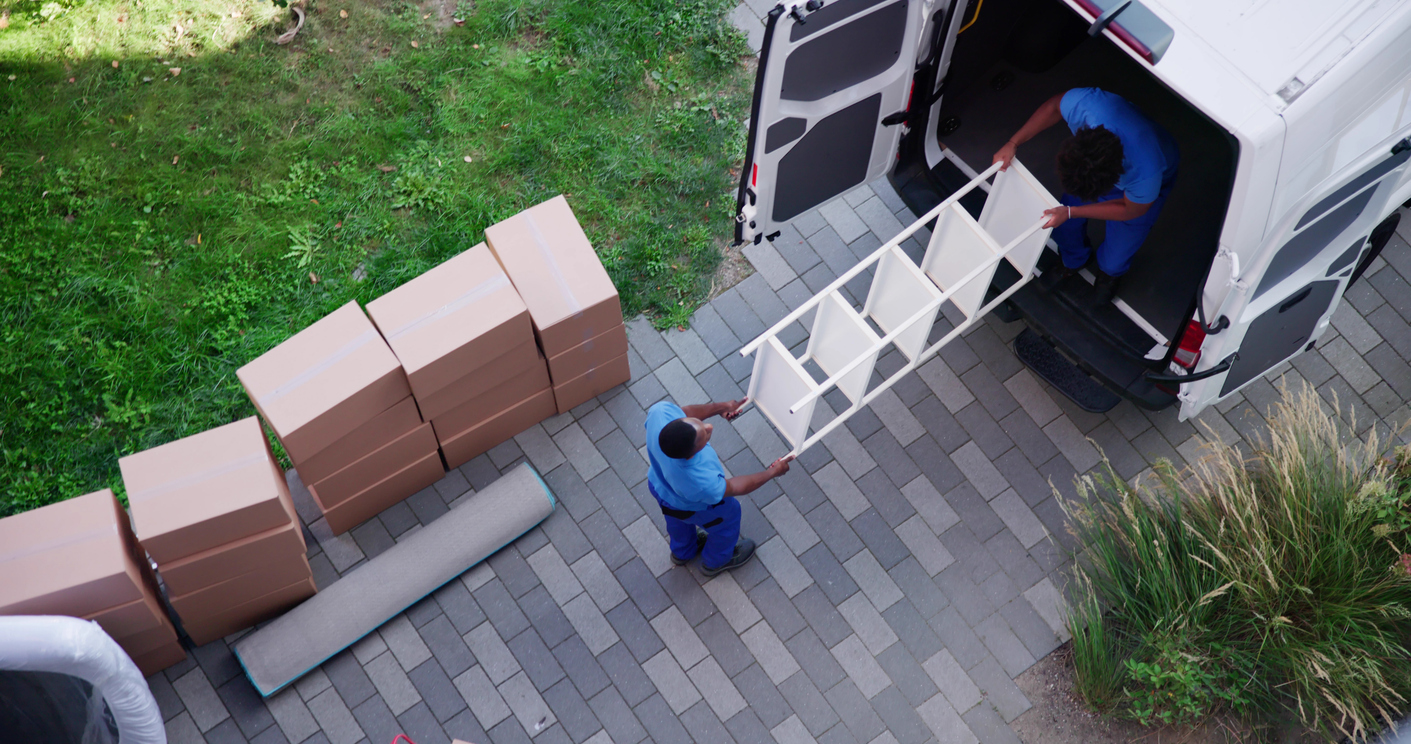If a third party damages your property, the first thing you do is go to your homeowners or commercial insurance policy and check your coverage. Sometimes you will find that you are underinsured, and don’t have enough insurance to cover all your losses.
What happens then?
You look for a third party who may have liability – and you go after them for the costs you incurred. This is the point when you may be introduced to the legal right of “subrogation.”
Subrogation answers the simple question in scenarios like the one described above: if the insured is not fully reimbursed for his/her losses, who gets the first dollar of recovery from the third-party tortfeasor?
To clarify this important but complicated subject, let’s look at an example. Suppose a utility truck from the electric company backs into your house, which promptly collapses. Damages are $800K – but your homeowner’s insurance only has coverage up to $500K. You don’t have enough insurance to cover all your losses. What do you do?
You look for a third party who has liability, of course. The electric company clearly fits the bill here – the company’s driver and truck caused the accident, after all – so you file a 3rd party claim against the electric company. In this instance, your insurance carrier will have a “subrogation interest” in your third-party lawsuit against the electric company. This is because the insurer paid the $500K on your claim, but the third party (the electric company) was at fault.
A few important points to keep in mind here:
- Your insurer does not acquire a subrogation right until after you (as the insured) have been fully compensated for your loss
- This doctrine is equitable – meaning it’s a principle of law established by precedent – but some states do permit parties to ‘contract around’ this doctrine
- In Massachusetts, we follow the “Made Whole” doctrine regarding subrogation – meaning the subrogating party doesn’t get paid until the victim does (i.e., the victim is first in line for payments)
So, you should review your homeowners or commercial policy with your insurance broker to ensure that you have enough coverage to sustain an unexpected loss. If you are underinsured when you suffer a loss, see if there’s a third pocket of liability you can use. Your insurance company will probably then move to subrogate.
Subrogation is an important legal principle that is sometimes hard to understand. If you find yourself in a situation involving this ‘full compensation’ rule, your insurance company may have to stand in your shoes, legally speaking, to get money back if there’s a third party at fault.




